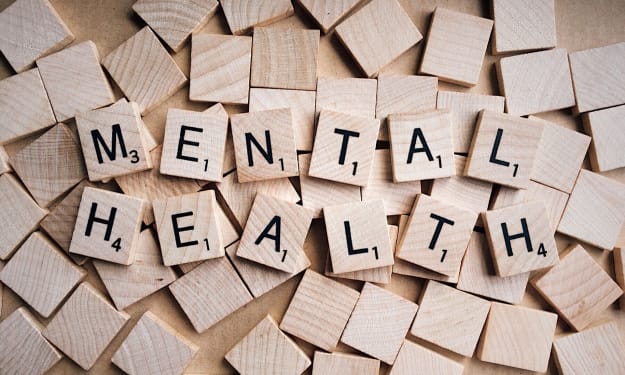
Depression is a serious and complex mental health issue that affects millions of people worldwide. If you're struggling with depression, it's important to know that you're not alone, and there are many effective treatments available to help you overcome your symptoms and regain your sense of well-being.
Here are some strategies you can use to manage depression and improve your mental health:
Seek Professional Help: If you're struggling with depression, it's essential to seek professional help from a mental health provider. A mental health provider can help you identify the underlying causes of your depression and develop a treatment plan tailored to your needs. There are many types of mental health providers, including psychiatrists, psychologists, and licensed therapists. If you're not sure where to start, ask your primary care physician for a referral.
Therapy: One of the most effective treatments for depression is therapy. Different types of therapy can be helpful, depending on your individual needs. Cognitive-behavioral therapy (CBT) is a type of therapy that focuses on changing negative thought patterns and behaviors that contribute to depression. During CBT, you'll work with a therapist to identify the underlying beliefs that are driving your depression and learn strategies for changing them. Other types of therapy, such as interpersonal therapy or psychodynamic therapy, may also be helpful.
Medication: Antidepressant medication can be effective in treating depression. Antidepressants work by balancing the levels of neurotransmitters in the brain that are responsible for regulating mood. While medication can be helpful, it's important to work closely with your healthcare provider to find the right medication and dosage for you. It's also important to remember that medication alone is not a cure for depression and should be combined with therapy and other self-care practices.
Self-Care: Self-care practices are essential for managing depression. Regular exercise has been shown to be as effective as medication for mild to moderate depression. Exercise releases endorphins, which are natural mood-boosters, and can help reduce symptoms of anxiety and depression. Eating a healthy diet, getting enough sleep, and practicing stress management techniques like meditation or deep breathing can also help improve your mental health.
Social Support: Social support is also essential for managing depression. Spending time with friends and family, joining a support group, or volunteering in the community can all provide a sense of connection and purpose. It's important to remember that depression can be isolating, and reaching out for support can be a crucial step in managing your symptoms.
Set Realistic Goals: Depression can make it difficult to accomplish even the simplest tasks. Setting realistic goals for yourself can help you feel a sense of accomplishment and improve your self-esteem. Start with small goals, like making your bed or taking a walk, and gradually work your way up to more significant goals.
Challenge Negative Thoughts: Depression often comes with negative thoughts and beliefs about yourself and the world around you. Challenging these negative thoughts and replacing them with more positive and realistic ones can help improve your mood and outlook. Try to identify negative thoughts as they come up and ask yourself if they're accurate. If they're not, try to replace them with more positive thoughts.
Practice Gratitude: Depression can make it challenging to see the good things in your life. Practicing gratitude can help you focus on the positive things and improve your mood. Try writing down three things you're grateful for every day, no matter how small they may seem.
In conclusion, depression is a complex mental health issue, but there are many effective treatments available to help you manage your symptoms and improve your mental health. Seeking professional help, therapy, medication, self-care, social support, setting realistic goals, challenging negative thoughts, and practicing gratitude are all strategies you can use to pass depression. Remember that recovery
About the Creator
Lisa Jason
I'm a creative writer in the way that I write. I hold the pen in this unique and creative way you've never seen. The content which I write... well, it's still to be determined if that's any good.






Comments
There are no comments for this story
Be the first to respond and start the conversation.